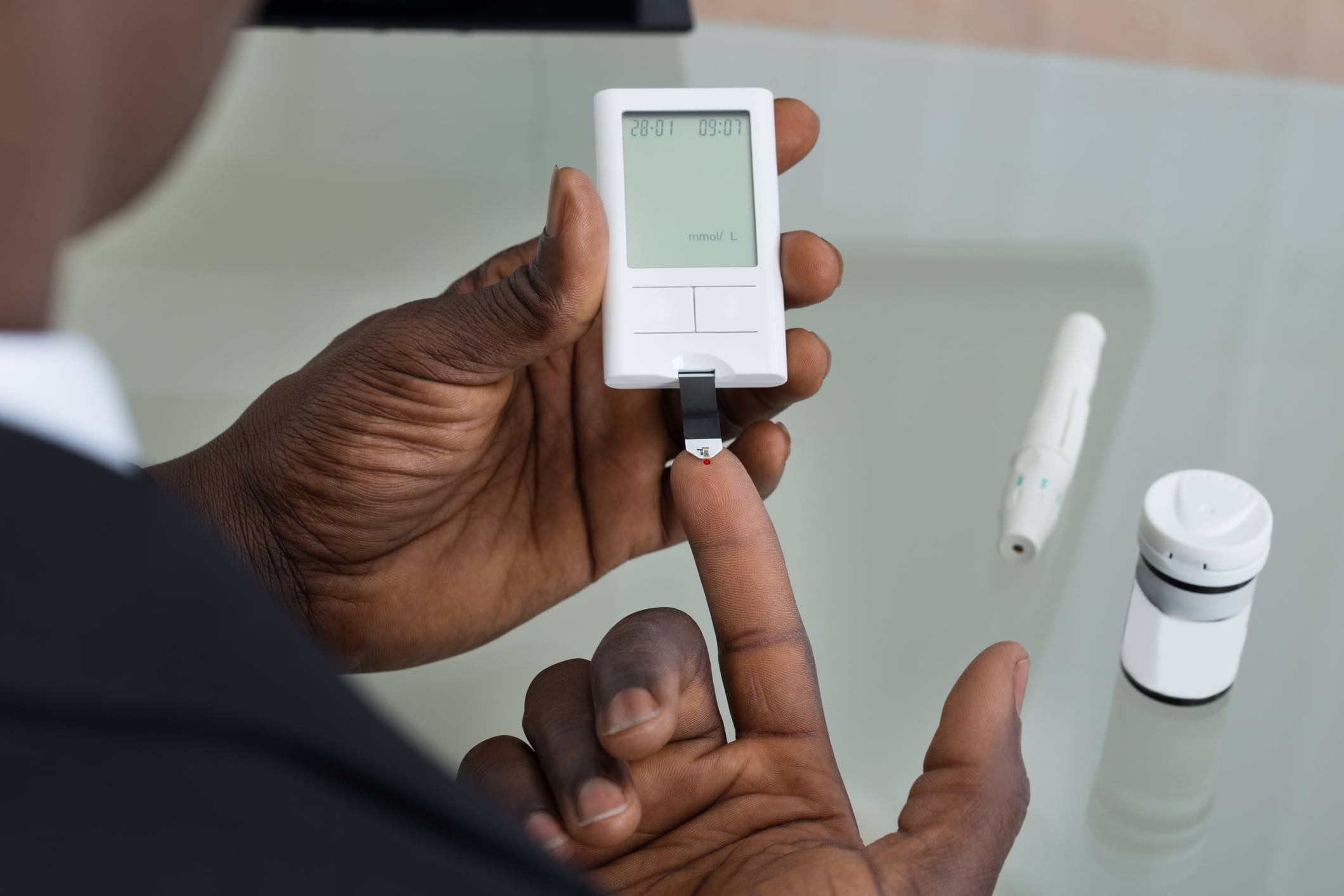The glucose-lowering effect of cinnamon may be caused by its unique compounds and high polyphenol content, including cinnamaldehyde, proanthocyanidins, coumarin, catechins, trans-cinnamic acid and flavones. Polyphenols serve as insulin receptors through a variety of mechanisms, improving insulin sensitivity and creating an anti-inflammatory effect, which may be beneficial.
“Our study suggests that adding cinnamon, a substance naturally rich in polyphenols, to daily diets may have beneficial glycemic effects in prediabetes,” the researchers wrote in The American Journal of Clinical Nutrition.
Study details
The randomized, controlled, double-blind, crossover trial recruited 18 participants (72% women) with BMIs between 25-40 kg/m2 who were diagnosed with prediabetes. Participants consumed a low-polyphenol beige diet (foods full of simple carbohydrates) and no cinnamon or cinnamon products for the duration of the study.
At two weeks, they were then randomly selected to consume either a placebo or 16 capsules (4 g/d) of Indonesian cinnamon for four weeks, followed by a two-week washout phase, before switching over to the other group for an additional four weeks.
Participants participated in oral glucose tolerance testing four times during the study after an 8 to 12 hour fast, and researchers collected a baseline fasting blood sample from participants. The patients then took 75 g of glucose cola within five minutes and eight capsules (2 g) of cinnamon or placebo. Blood samples were drawn every 30 minutes for three hours.
Researchers measured glucose, insulin, C-peptide, glucagon, glucose-dependent-insulinotropic-polypeptide (GIP), Glucagon-like Peptide-1 and triglyceride concentrations. Stool samples were also collected on four visit days, and clinicians recorded weight, body composition and blood pressure measures. Glucose monitoring was performed by use of a flash system device (FreeStyle Libre Pro; Abbott Diabetes Care, Alameda, CA).
“Four grams daily of cinnamon supplementation lowered glucose concentrations during CGM (continuous glucose monitoring) relative to placebo,” the researchers wrote. “Compliance with treatment administration was excellent, and there were no digestive side effects.”
They are reported that triglyceride concentrations decreased in response to an oral glucose load after cinnamon supplementation, and that compared to placebo, glucagon concentrations following the cinnamon intervention were significantly lower.
Uncertainties
Studies have previously shown that cinnamon lowered glucose and lipid concentrations in patients with type 2 diabetes, prediabetes and in healthy adults. Other studies have differing results. Cinnamon doses in these studies were highly variable, ranging from 0.5 g up to 6 g/d, with study durations varying from four to 12 weeks. Reviews and meta-analyses imply that supplemental cinnamon or cinnamon extracts may lower blood glucose concentrations. However, inconsistent findings on how cinnamon affects glycemic control from studies with small effect sizes or very heterogeneous results indicate a need for further research, the researchers explained.
“Cinnamon contains polyphenols, which may improve glucose homeostasis, but studies of its influence on glucose changes have had mixed results,” they wrote. “Cinnamon’s ability to affect glucose control remains uncertain. Our study may differ from those that did not find an effect of cinnamon on glucose concentrations because we employed 24-h CGM, which is a more sensitive measure of glucose changes than other methods.”
Source: The American Journal of Clinical Nutrition
doi: doi.org/10.1016/j.ajcnut.2024.01.008
“Effect of cinnamon spice on continuously monitored glycemic response in adults with prediabetes: a 4-week randomized controlled crossover trial”
Authors: Hila Zelicha et al.



